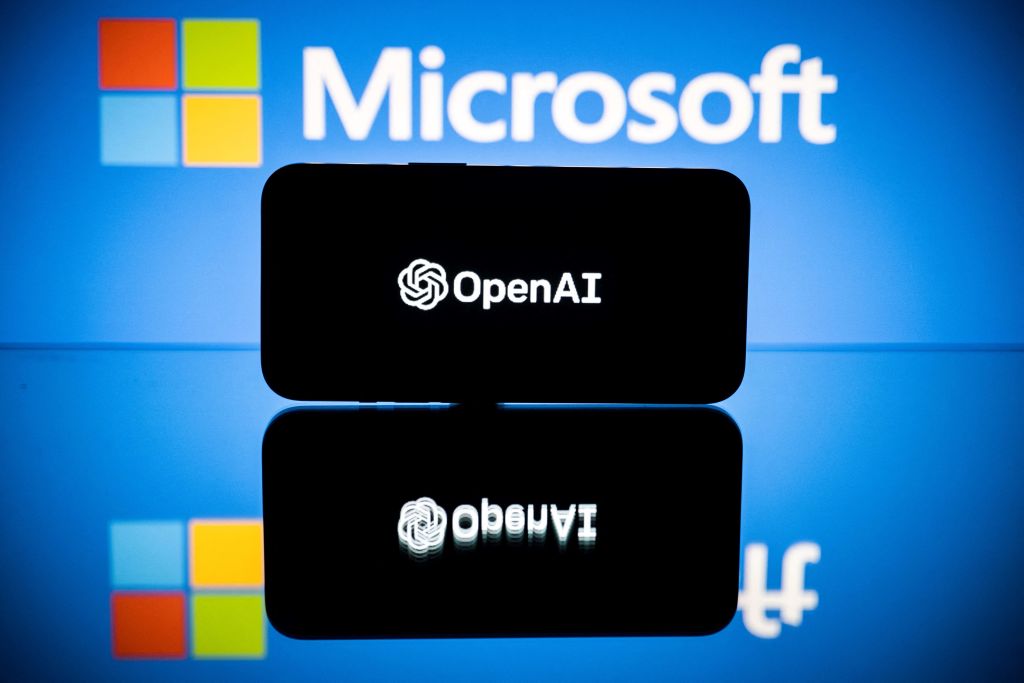
Microsoft announced that it is relinquishing its observer seat on the OpenAI board due to increasing regulatory scrutiny of generative artificial intelligence in Europe and the U.S.
This decision follows Microsoft’s previous move to take a nonvoting board seat at OpenAI in November to address questions about its interest in the startup, which had experienced a turbulent period marked by the firing and rehiring of CEO Sam Altman.
In a letter to OpenAI, Microsoft’s deputy general counsel, Keith Dolliver, explained that while the observer position provided valuable insights without compromising board independence, it is no longer necessary due to significant progress made by the newly formed board. The resignation is effective immediately. This move also means that Apple will no longer be able to appoint an executive to a similar role.
Regulatory Scrutiny of Microsoft-OpenAI Partnership
The European Commission, responsible for enforcing EU competition law, indicated in January that it was scrutinizing agreements between major digital market players and AI developers.
The Microsoft-OpenAI partnership was highlighted as a key focus of this investigation. Although the Commission concluded that Microsoft’s observer seat did not impact OpenAI’s independence, regulators are still seeking third-party opinions on the arrangement. The UK’s Competition and Markets Authority has also expressed concerns. Additionally, the U.S. Federal Trade Commission is reviewing the partnership to determine if it constitutes an “acquisition of control.”
How Has OpenAI Grown with Microsoft’s Investment?
OpenAI gained prominence globally with the launch of its ChatGPT chatbot in late 2022, which allows users to engage in intelligent and creative conversations through simple text queries.
Microsoft has invested heavily in OpenAI, with its total investment reportedly reaching $13 billion, positioning the company as a leader in the development of foundational AI models.
OpenAI’s New Approach to Engaging Partners
An OpenAI spokesperson stated that the startup is adopting a new approach to engage key strategic partners, including Microsoft and Apple, as well as other financial investors. The new strategy involves regular stakeholder meetings to share progress and enhance collaboration on safety and security. Under this new approach, OpenAI will no longer have board observers.
Apple had planned to place the head of its app store, Phil Schiller, on the OpenAI board as part of an agreement announced in June. However, this appointment will not proceed under the new guidelines.
Broader Regulatory Scrutiny of AI Investments
Investments in AI startups are under increased scrutiny from regulators. Beyond the Microsoft-OpenAI partnership, the FTC is also examining relationships between other AI developers and major tech companies, such as the tie-ups between Anthropic, Google, and Amazon. The UK’s CMA is similarly reviewing Amazon and Anthropic, as well as Microsoft’s partnerships with Mistral and Inflection AI.
Alex Haffner, a partner at the UK law firm Fladgate, emphasized the regulatory influence on Microsoft’s decision, noting the focus on the intricate relationships between big tech companies and AI providers. He highlighted the necessity for these companies to reconsider their strategic arrangements in light of regulatory concerns.
Featured Image courtesy of LIONEL BONAVENTURE/AFP via Getty Images
Follow us for more updates on the latest AI and Tech News
